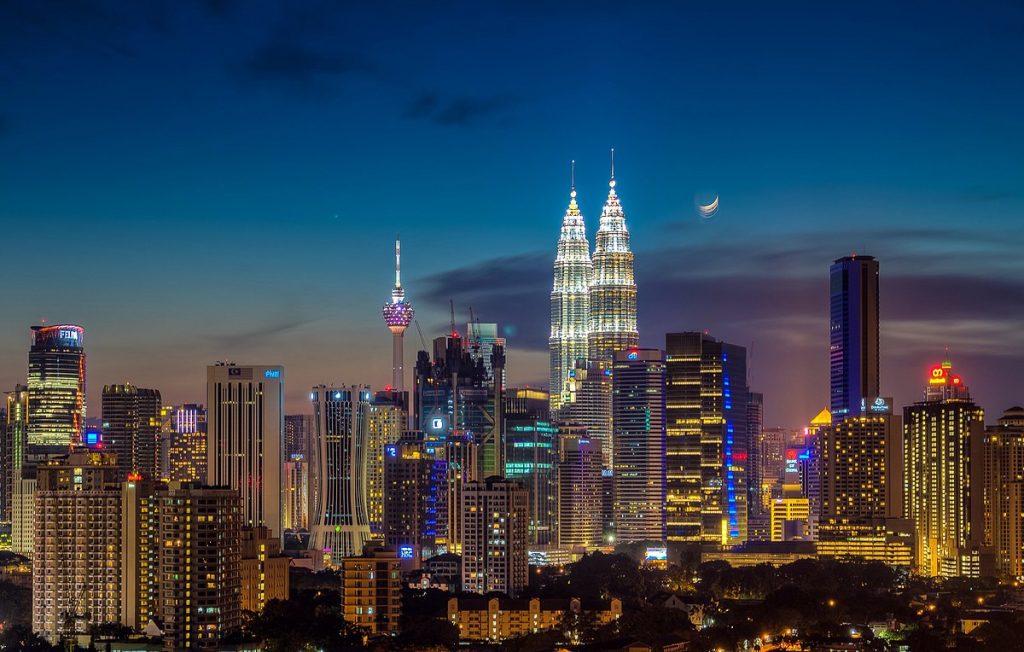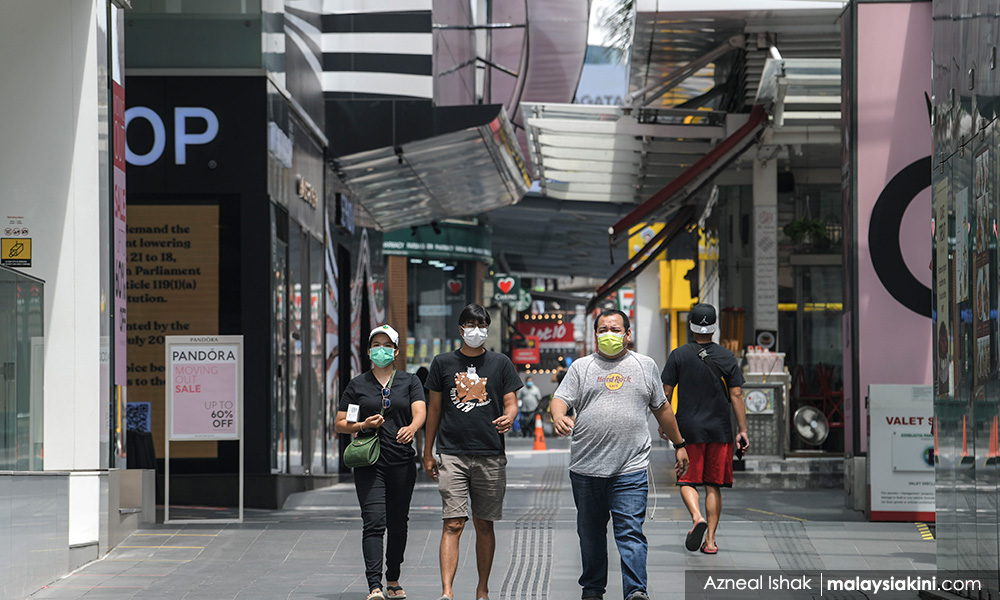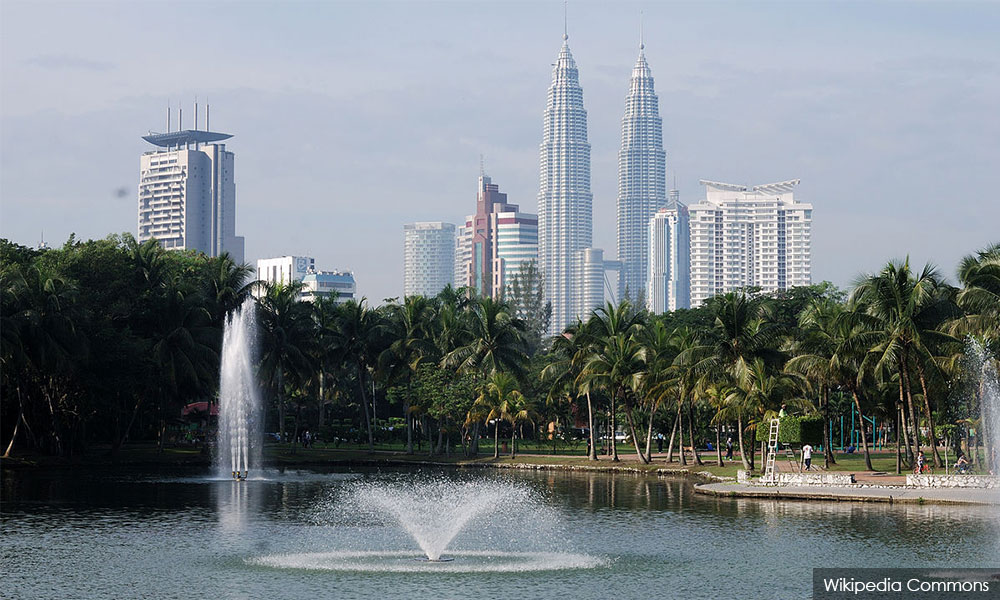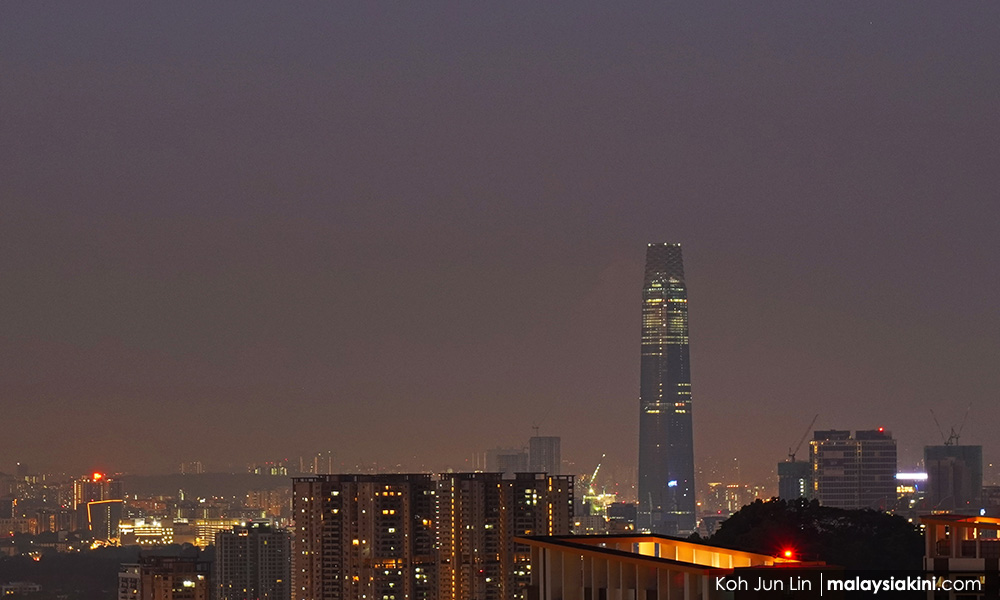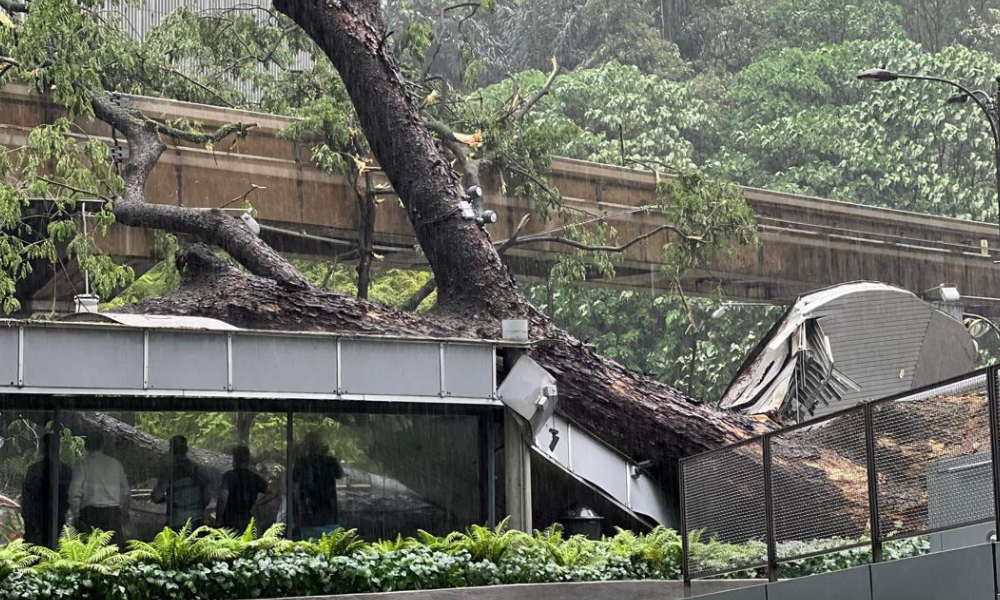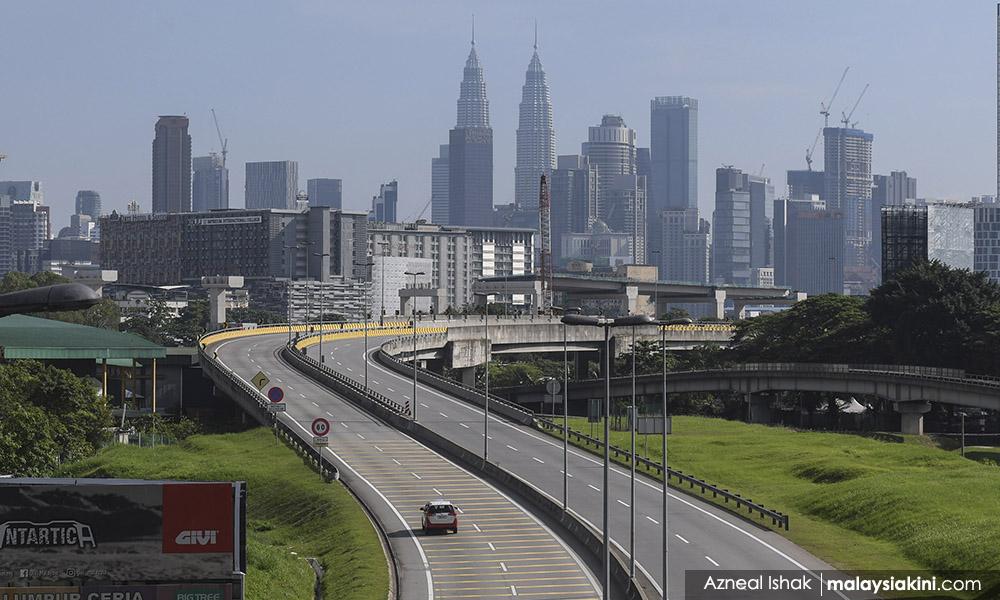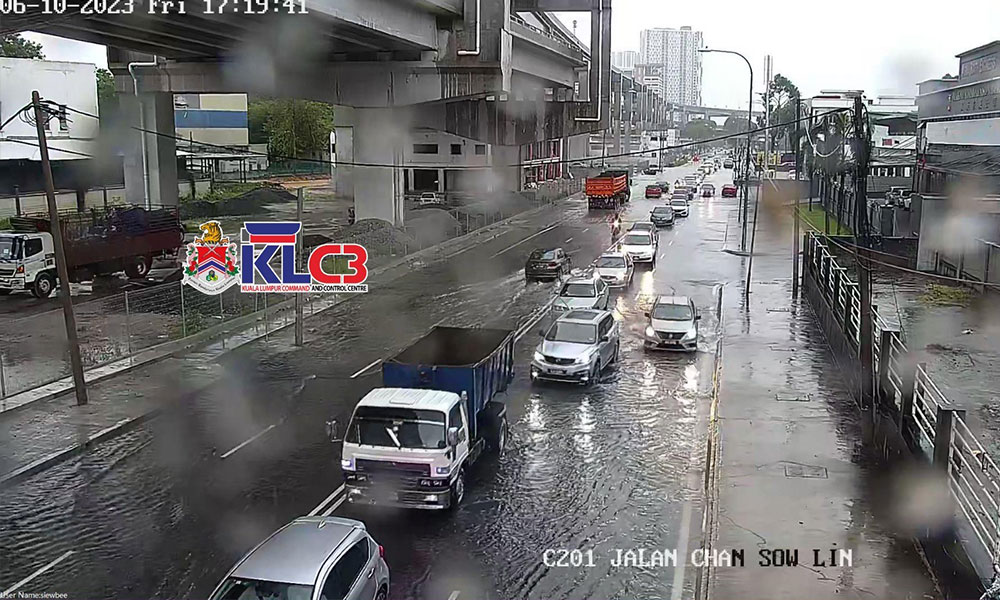By now, we all know Malaysia is the most overweight country in Asean, due in part to the populace’s dislike of walking between locations due to intense heat. Tree cover, combined with well-maintained walkways, provides the most cost-effective way of encouraging a more pedestrianised and walkable city.
Foliage also provides cost savings. Green spaces absorb rainwater, thereby mitigating flood risks and helping to prevent damages to public and private property.
Green roofs and walls provide natural insulation and reduce the costs associated with the energy consumption needed to keep the building cooler – one North American study found foliage reduced energy use in cities for cooling by 7.2 percent.
Climate change resilience
Then there is the element of drawdown of carbon dioxide. Given that Malaysia’s greenhouse gas emissions have experienced an 11,632 percent increase since 1991, a Botanical City would serve as a testament to the government’s aim for net zero emissions by 2050 and improve Malaysia’s resiliency against climate change.
Large companies with significant carbon footprints like Petronas can be invited to invest in various parts of the botanical city with the possibility of even earning carbon credits depending on the scale and other specifics of their involvement.
A Botanical City would even enhance national food security. Malaysia already possesses the agri-tech needed for rooftop and vertical farming, and efforts to expand its usage are underway.
To position Kuala Lumpur as a food hub, additional incentives can be sanctioned to implement the technology throughout the city and not simply resort to buildings.
Ample amounts of poorly utilised land can be absorbed into these botanical corridors in which food is also grown. It requires imagination, efficient management, and importantly, can create jobs.
Communities can be encouraged and organised to grow certain vegetables and fruits and these areas can also be integrated into the web design of inter-connected botanical corridors.
This then stimulates the agri-tech and horticulture industry. By zoning in on fresh, locally sourced, and ethically farmed produce, Kuala Lumpur and the Klang Valley as a whole can begin to move towards some degree of self-sufficiency and fortify itself against shocks in the food supply chain.



